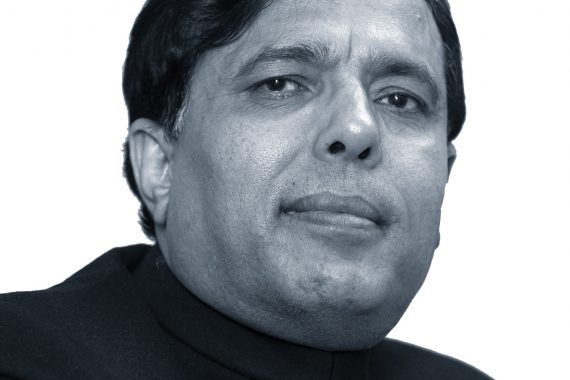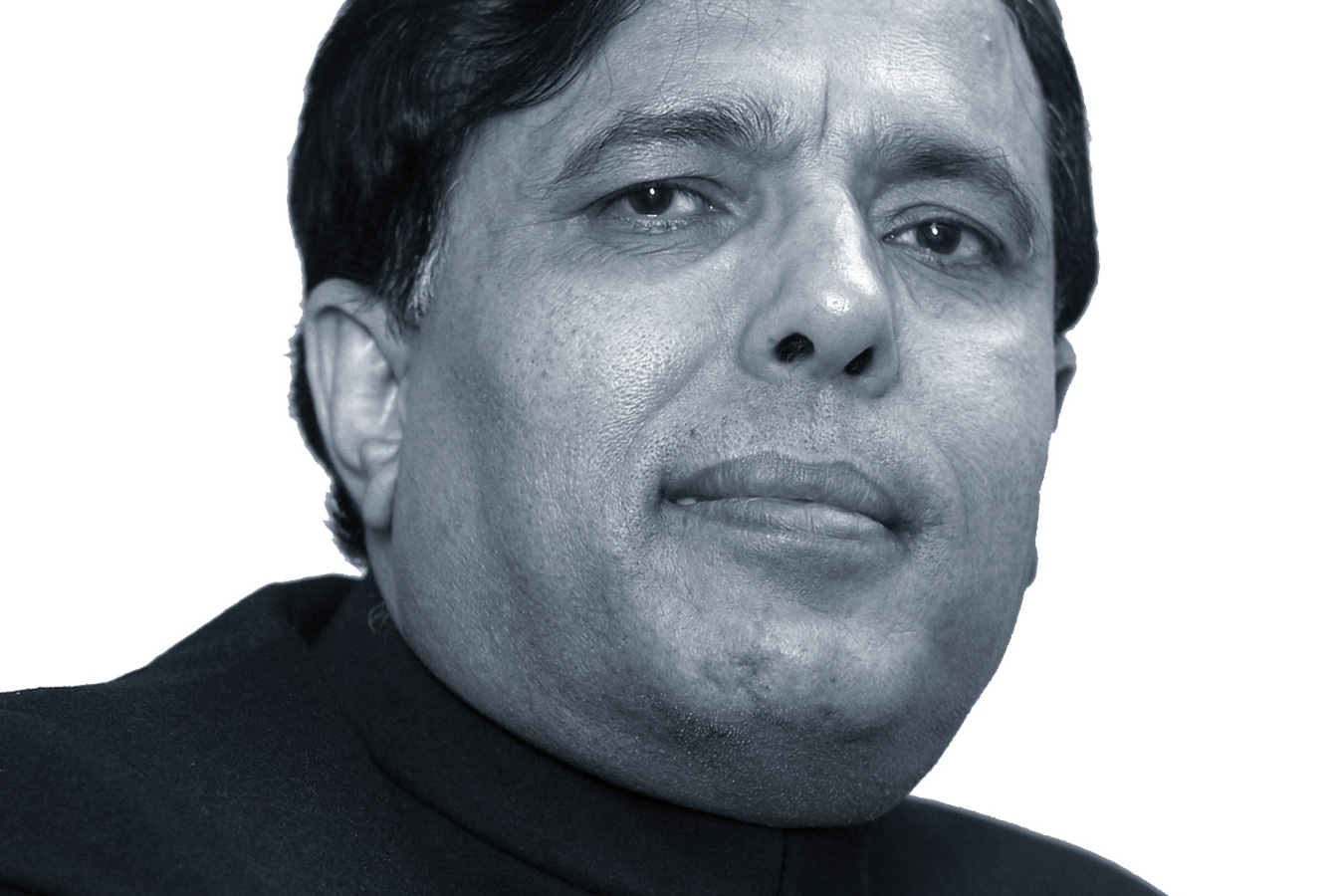This budget has done nothing to heal the NHS or general practice


So the NHS in England, or maybe just NHS England, will receive an extra £20.5 billion in funding over the next five years. While investment is welcome for frontline services, this will fall way short of what is needed to truly improve patient care.
The £20.5 billion will hardly make up for the eight years of austerity, which has crippled the health service and social care, and undermined public health in general. The NHS funding uplift in the 60 years between 1948 and 2010 averaged around 4% a year. From 2010 to today it’s been around 2% per annum. In the current system, NHS bodies will require billions of pounds just to restore their finances and pay off debts racked up due to austerity, cuts and fragmentation.
Having said all that, the influential King’s Fund says these ‘outdated’ services should not be prioritised with new money at all. Instead of serving patients, it says funds should facilitate the move to the government’s corporate-inspired healthcare models, the ‘accountable care organisations’ or as they are now known ‘integrated care providers’ (in which general practice has little role to play). The ultimate destination is a US-style insurance based system.
The much hyped ‘new money’ from next April is around 3.4% each year. Even if it was all spent on frontline services, the Office for Budget Responsibility has said that NHS needs funding increases of 5.3% for the next 50 years – equivalent to about £110 billion – just to meet rising demand for services as the population ages. Less than 4% spent on services means the ‘outdated’ NHS will continue to deteriorate and our patients continue to suffer.
There isn’t any long-term funding package for general practice despite it being on its knees
This money in no way is addressing the ever-present crisis in the NHS, even with the welcome announcement there will be no further private finance initiatives (PFIs). The risks of longer waiting times, the clogging up of primary care services, cancelled operations, instability in primary and secondary care, and sinking staff morale will not ease. The truth is, any additional resources allocated to the NHS by the government will be used to shore up the current direction of travel, prioritising the profitable, such as existing annual PFI charges and propping up the new care models.
The mere £2 billion dedicated to mental health services means that tackling the huge disparity in access to mental health care with will remain an aspiration for another five years. Meanwhile there isn’t any long-term funding package for general practice despite it being on its knees, allowing smaller practices to continue to ‘wither’.
Any new money apportioned to general practice down the line will come with strings attached, creating more unnecessary workload. Practice incomes have been frozen for several years and this has led to real net incomes dropping by more than 20% since the introduction of the GP contract in 2004. Practices are being brought to their knees by this unprecedented fall in primary care funding precisely as the need for GP services rises. Primary care is imploding faster than people realise and patients are already bearing the brunt of the problem, while the likes of GP at Hand reap the new market this creates.
The future for GPs, their teams and their patients looks very uncertain as a result of this budget. A significant boost to general practice funding is required to make the NHS more sustainable in the longer term. A minimum spend of 11% of the total NHS budget – as it was in 2008 – must be invested in general practice.
There is growing evidence that a greater focus on prevention and self care reduces demand on the NHS and cuts costs considerably. As reports including the investigation by Pulse have revealed, public health spending that might help control demand – such as counselling, weight management, sexual health and smoking cessation programmes – are all being cut. The money pledged for public health is peanuts.
NHS spending growth is currently on course to be lower this decade than at any other time in the NHS’s history at just 0.5% annual increases in real per capita spend, which is less than most of EU countries. As a result the NHS now faces an existential threat as its present crisis is used as ‘proof’ that Aneurin Bevan’s great universal health care model has failed.
Of course, the money is only a means to an end, so we need to be discussing this government’s ends. Our NHS is being placed in the hands of accountants and businessmen who make financially driven decisions on who to award profitable future contracts. This budget merely confirms that the NHS that was founded on patients’ needs is being pushed out aside to make way for this model.
The NHS, and general practice in particular, is fractured, and this budget will do nothing to heal it.
Dr Kailash Chand is a retired GP from Tameside
Pulse October survey
Take our July 2025 survey to potentially win £1.000 worth of tokens

Visit Pulse Reference for details on 140 symptoms, including easily searchable symptoms and categories, offering you a free platform to check symptoms and receive potential diagnoses during consultations.










